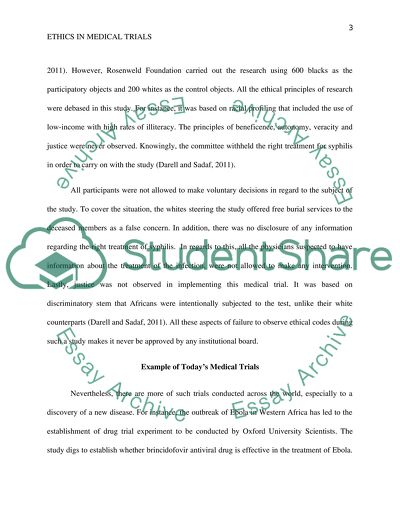Cite this document
(“Health of special populations Coursework Example | Topics and Well Written Essays - 1000 words”, n.d.)
Retrieved from https://studentshare.org/health-sciences-medicine/1674447-health-of-special-populations
Retrieved from https://studentshare.org/health-sciences-medicine/1674447-health-of-special-populations
(Health of Special Populations Coursework Example | Topics and Well Written Essays - 1000 Words)
https://studentshare.org/health-sciences-medicine/1674447-health-of-special-populations.
https://studentshare.org/health-sciences-medicine/1674447-health-of-special-populations.
“Health of Special Populations Coursework Example | Topics and Well Written Essays - 1000 Words”, n.d. https://studentshare.org/health-sciences-medicine/1674447-health-of-special-populations.


